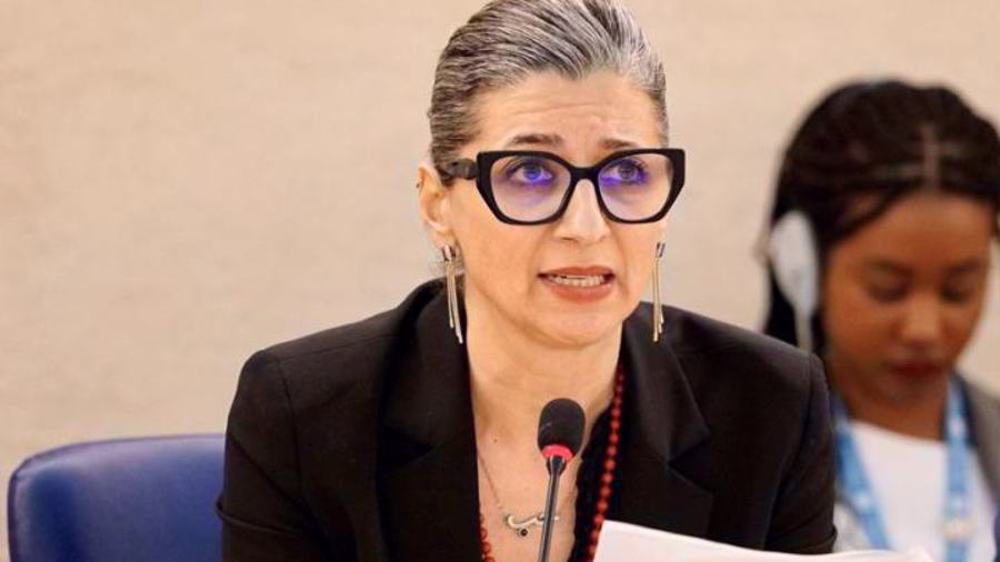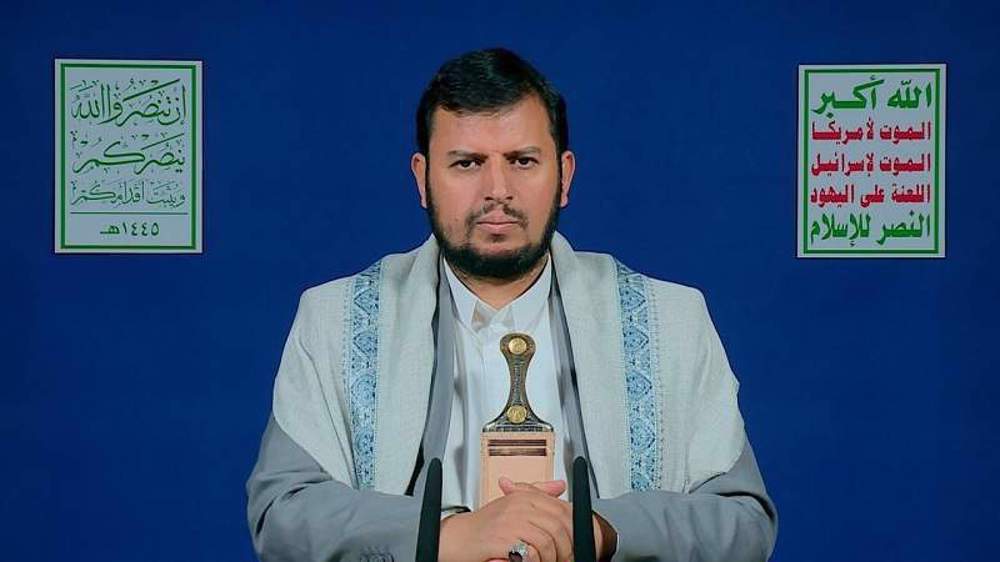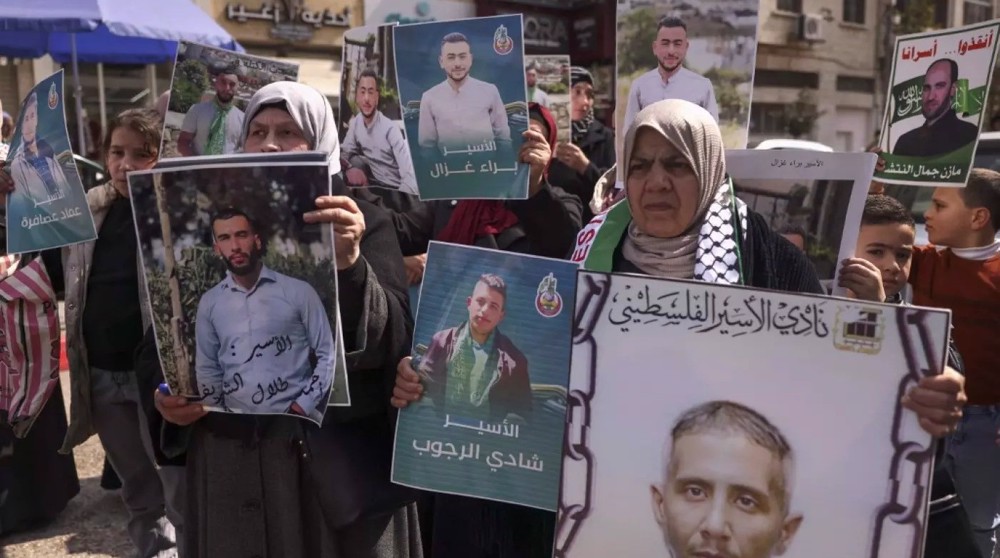'Apartheid' Netanyahu calls Palestinians 'wild beasts'
Top negotiator Saeb Erekat has condemned Israeli Prime Minister Benjamin Netanyahu's characterization of Palestinians and regional nations as "wild beasts," denouncing the remarks as apartheid-speak.
On Tuesday, Netanyahu said Israel needed to surround itself with fences and barriers "to defend ourselves against the wild beasts," as he toured the construction site of a concrete wall on western Gaza.
Erekat accused the Israeli prime minister of "adopting the laws of the jungle" in separating Palestinians from the rest of their occupied territories.
Netanyahu's statement is "the same as those of the heads of apartheid in South Africa,” said Erekat, who is also the general secretary of the Palestinian Liberation Organization.
Head of the Labor-led Zionist Union coalition, Isaac Herzog, also called for unilateral separation from the Palestinians "as much as possible."
He said negotiations between Netanyahu and Palestinian President Mahmud Abbas could not yield any result.
"What needs to be done is separating from the Palestinians as much as possible. This is taking our fate in our own hands,” Herzog said.
An Israeli lawmaker added a bizarre twist to the controversial remarks, saying that the Palestinian nation does not exist as Arabic language does not contain the letter “P”.
"I want to go back to history, what is our place here, about Jerusalem, about Palestine, when like we said, Arabic doesn't even have 'P,' so this loan-word also merits scrutiny," Anat Berko said in a Knesset address.

While the lawmaker was correct in saying that Arabic doesn't have a "P" sound, the word for "Palestine" in Arabic begins with the consonant "F," the same as in Hebrew, and is pronounced: "Falastin."
The Likud MP's claim was met with derision during a Knesset debate on the Labor party's plan for separation from the Palestinians.
In the debate, Netanyahu and Herzog also traded barbs, with the Israeli prime minister mocking Labor for only now "waking up" to reality and recognizing that the two-state solution isn't viable.

In response, Herzog dared Netanyahu to annex more Palestinian territories. "Let's see what happens then," he said.
The last round of so-called peace talks collapsed in 2014 amid Tel Aviv’s aggressive expansion of illegal settlements and its refusal to release senior Palestinian prisoners.
Netanyahu formally suspended the talks after Abbas forged a unity pact with the Hamas resistance movement, which is based in the blockaded Gaza Strip.
Last month, UN chief Ban Ki-moon condemned Israel's "settlement enterprise" in the West Bank, calling them "provocative acts" that "rightly raise fundamental questions about Israel's commitment to a two-state solution."
"As oppressed peoples have demonstrated throughout the ages, it is human nature to react to occupation, which often serves as a potent incubator of hate and extremism," Ban said.
Netanyahu and his representative at the United Nations slammed the UN secretary general and accused him of inciting terrorism.
"The UN Secretary General's remarks give a tailwind to terrorism," the Israeli premier said in a statement.
The enterprise Ban was referring to were Israel's policies in areas of the West Bank that is home to hundreds of thousands of Palestinians.
Iran calls on BRICS to play role in stopping Israeli crimes
President Raeisi’s historic visit opens new chapter in Iran-Pakistan ties
Russia: Poland’s talks on hosting US nuclear weapons ‘dangerous’
India’s home minister vows to end Muslim reservation if his party wins
UN expert calls for arms, oil embargo against Israel
VIDEO | Press TV's news headlines
Iranian police drone strike kills 2 terrorists in Sistan and Baluchestan
VIDEO | TikTok ban












 This makes it easy to access the Press TV website
This makes it easy to access the Press TV website